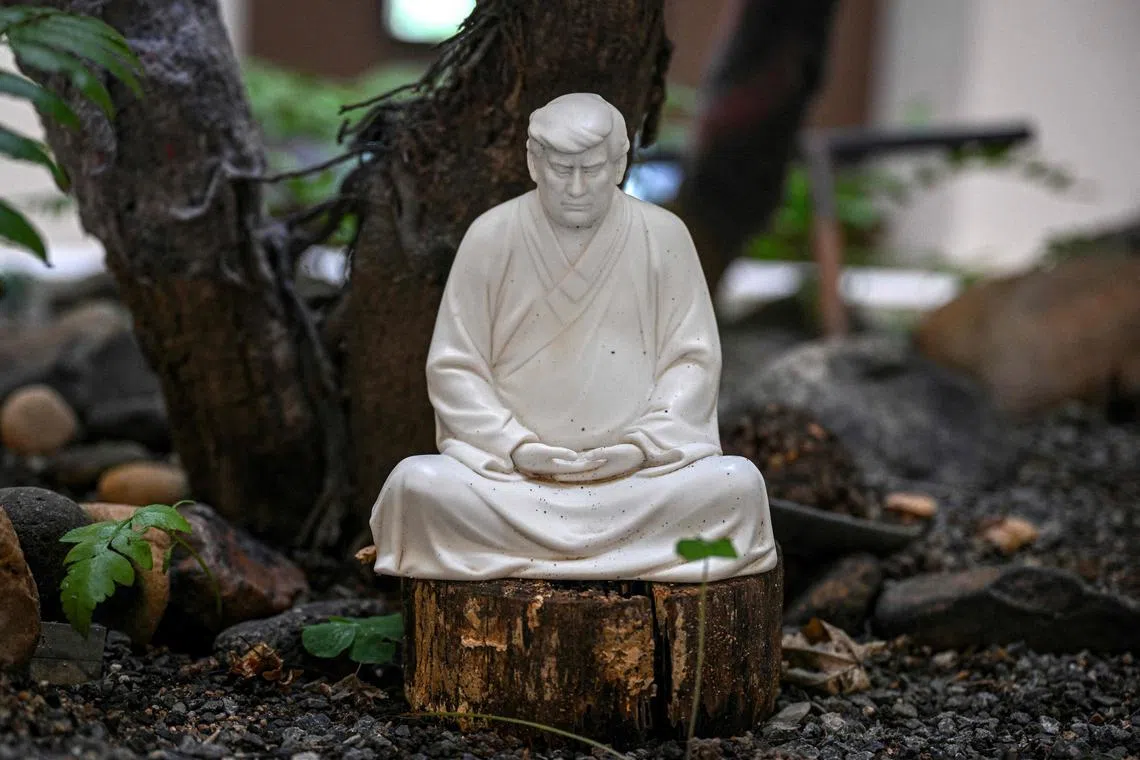Flight data and cockpit voice recorders on the Jeju Air jet that crashed on December 29, killing 179 people, stopped recording about four minutes before it crashed, South Korea’s transport ministry said on Saturday.
Here are some details on black boxes and moves to improve them.

What are black boxes?
They are not actually black but high-visibility orange. Experts disagree how the nickname originated but it has become synonymous with the quest for answers when planes crash.
Many historians attribute their invention to Australian scientist David Warren in the 1950s. They have evolved from early devices using wire, foil or magnetic tape to digital chips inside bright metallic casings.
They are mandatory and the aim is to preserve clues from cockpit sounds and data to help prevent future accidents, but not to determine any civil or criminal liability.
There are two recorders: a Cockpit Voice Recorder (CVR) for pilot voices or cockpit sounds and a separate Flight Data Recorder (FDR).
In broad terms, investigators say the FDR helps them analyse what happened and the CVR can – but not always – start to explain why. But experts caution that no two investigations are the same and virtually all accidents involve multiple factors.

 By South China Morning Post | Created at 2025-01-13 01:37:48 | Updated at 2025-01-13 05:23:32
3 hours ago
By South China Morning Post | Created at 2025-01-13 01:37:48 | Updated at 2025-01-13 05:23:32
3 hours ago







